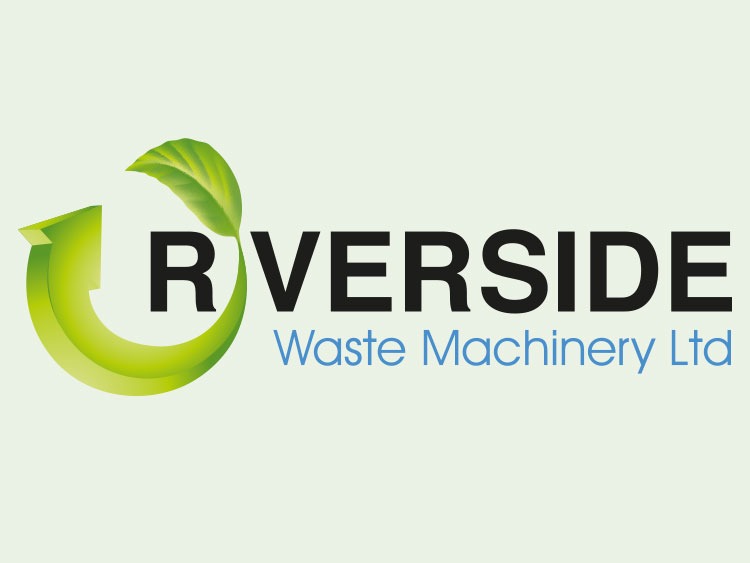The Department of Environment, Food and Rural Affairs (Defra) published a new report this month, which focused on the revenue-generating potential of resource efficiency.
Resource Management – a catalyst for growth and productivity stated that, with better regulation, resource efficiency could generate an extra £3.85bn for UK businesses by 2020.
It’s an impressive statistic and one underpinned by the potential outcome of the Environment Agency’s End of Waste Quality Criteria, launched last year. The sheer scale of the figure will undoubtedly have stopped and made people think about the wider benefits of sustainable practice. Of course, we should all be adopting more environmental considerations and circular behaviours, because it is inherently the right thing to do. Yet many people continually question the impact that their individual actions truly have, and others – particularly in the commercial space – will ask what’s in it for them.
This is not a criticism. In fact, following a deep recession, it’s unsurprising that businesses are wary of the decisions they make. As they look to a robust future, they understandably want to focus on what will make them commercially stronger. This is why talking about resource efficiency in terms of pounds and pence, is not a bad idea.
This ‘cost benefits’ approach is one we often take with our own prospective customers. Yes, a waste baler can help them improve on-site storage and cleanliness issues. And by segregating waste and baling dry recyclables, they’re helping to work towards the environmental progress that this country is yearning for. But there are other immediate advantages for clients, which impact positively on their bottom line. And it is often these ‘plus points’ that guide the decision making process.
If Joe Bloggs Warehousing Ltd creates packaging waste that is removed from site via a total of 180 skip lifts per year, for example, and these lifts cost £20 each, Joe Bloggs Warehousing spends £3,600 on skip charges per annum, or £69.23 per week.
If leasing a baler at £45 per week, Joe Bloggs Warehousing saves £24.23 per week or £1259.96 per year. If purchasing the baler for £6,695, and saving £300 on skip charges per month, an ROI would be seen in less than 24 months. This is before you start factoring in the potential revenue yielded from the sale of baled recyclates! Plus, some of our balers are available for as little as £2,000 or £11 per week, which means an ROI may be seen much quicker. Depending on the type and volume of materials being handled, an ROI can even be achieved in a couple of months!
However, the commercial advantages of resource efficiency do not stop there. It should not be forgotten that in the modern world, a number of ever-more discerning consumers are actively looking to buy from ethically conscientious organisations too. To adopt responsible environmental practices is therefore a proactive way to heighten the CSR status of your brand, which helps retain existing customers whilst attracting new ones.
Of course we all have a moral obligation to think about sustainability and protect the world in which we live. But as this whole conversation shows, there are many more reasons to ‘be green’ as well…
If you would like to speak to Riverside Waste Machinery’s sales consultants about your own waste baling requirements ,please call 01423 325038, email sales@wastemachinery.co.uk or complete our short enquiry form. Alternatively you can download our Buyer’s Guide to Waste Baling, to help with your research. If you already own a waste baler and have a service, maintenance or consumables requirement, we can also help – please just get in touch.






